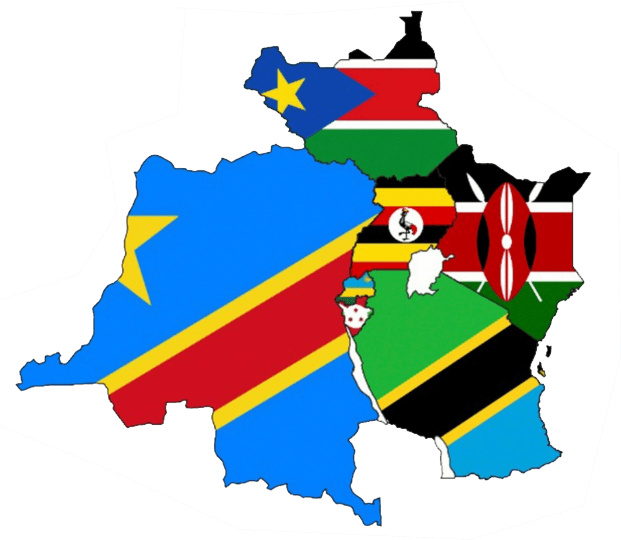About the award
ABOUT THE AWARD
Why the awards?
Uongozi Career Awards is a platform luanched in 2022 to Recognize ,Celebrate and amplify efforts of Individuals and Institutions Championing Career Development, Employability Skills ,Leadership, and Initiatives in Advancing the Career and Job Readiness among the In-school and Out-school Youth around the East Africa Community

Introduction
Africa is under unprecedented pressure to create jobs for her young population characterized by a median age of 19.7 years. The crisis of the youth bulge has seen the continent’s skilled workforce miss out on the competitive job market. On average 60% of the continent’s youth are out of work-a phenomenon expected to worsen by 2050 when the continent’s youth population is projected to hit the billion.

Eastern Africa is part of the macro challenge. By 2020, the region was home to at least 33% of the continent’s 1.34 billion dwellers. With the on-boarding of the Democratic Republic of Congo on 11 July 2022, the East African Community became 100 million stronger accounting for 283.7 million Africans dominated by young people under 25 years seeking meaningful opportunities. East African Regional Analysis of Youth Demographics reported in 2018 that 20% of the then 127 million people living in Kenya, Rwanda, Tanzania, and Uganda were aged between 15 and 24. This young population in the region and the continent is under unprecedented pressure to acquire the right skills to secure employment and escape the devastating effects of poverty.

MISSION
Our overarching mission is to recognize exemplary individual, institutional leadership and innovations fostering Career Advancement, Employability Skills, Student Leadership, and the welfare of in-school youth who are at risk of diverse challenges that hamper young people’s successful transition from academia to industry.
Our mission is to Recognizing Industry Collaborations in Strengthening Student Leadership, Innovation, Employability and Career- readiness among In-school Youth and acknowledge outstanding leadership, innovation, and efforts promoting career advancement, employability Skills, and young peoples welfare. We focus on in-school and out-school youth facing challenges in transitioning from academia and out of school employment initiatives to industry. Recognizing multi-take holders Collaborations in employment creation
Uongozi Career Awards honor those driving career development, employability, and leadership for the youth. This event unites professionals, academia, Employers, government and development partners various sectors to celebrate the journey from learning to earning.
This auspicious occasion brings together Career, innovation, leadership and employability, professional bodies and academicians from across different sectors with the objective of celebrating the efforts and contributions different stakeholders toward transition from learning to earning.
Introduction
Africa is under unprecedented pressure to create jobs for her young population characterized by a median age of 19.7 years. The crisis of the youth bulge has seen the continent's skilled workforce miss out on the competitive job market. On average 60% of the continent's youth are out of work-a phenomenon expected to worsen by 2050 when the continent’s youth population is projected to hit the billion.
.
Eastern Africa is part of the macro challenge. By 2020, the region was home to at least 33% of the continent's 1.34 billion dwellers. With the on-boarding of the Democratic Republic of Congo on 11 July 2022, the East African Community became 100 million stronger accounting for 283.7 million Africans dominated by young people under 25 years seeking meaningful opportunities. East African Regional Analysis of Youth Demographics reported in 2018 that 20% of the then 127 million people living in Kenya, Rwanda, Tanzania, and Uganda were aged between 15 and 24. This young population in the region and the continent is under unprecedented pressure to acquire the right skills to secure employment and escape the devastating effects of poverty.

A decade in focus -Unemployability skills gap
